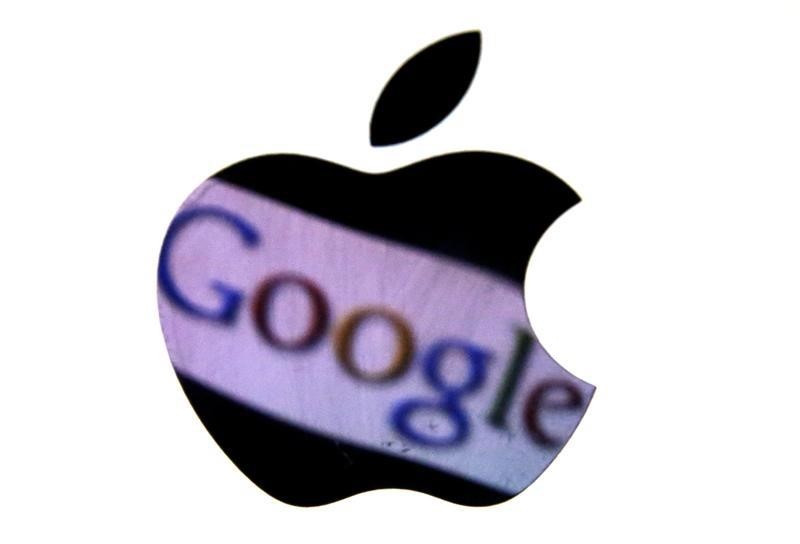By Dan Levine
SAN FRANCISCO (Reuters) - A U.S. judge on Monday seemed satisfied with a proposed $415 million settlement that would end a lawsuit in which tech workers accused Apple Inc (NASDAQ:AAPL.O), Google Inc (NASDAQ:GOOGL.O) and two other Silicon Valley companies of conspiring to hold down salaries.
U.S. District Judge Lucy Koh in San Jose, California, had previously rejected an earlier $324 million deal as too low. During a hearing on Monday, Koh raised no objections about the size of the settlement as she had at an earlier court session.
While Koh did not formally rule from the bench on whether she would preliminarily approve the new deal, she set another hearing date for final sign off of the $415 million deal.
"We are pleased court indicated she was going to approve the settlement," Kelly Dermody, an attorney for the workers, said after the hearing.
The plaintiffs alleged that Apple, Google, Intel Corp (NASDAQ:INTC.O) and Adobe Systems (NASDAQ:ADBE.O) Inc agreed to avoid poaching each other's employees, thus limiting job mobility and, as a result, keeping a lid on salaries.
The antitrust class action lawsuit was filed in 2011. It has been closely watched because of the possibility that big damages might be awarded and for the opportunity to peek into the world of some of the United States' elite tech firms.
The case was based largely on emails in which Apple co-founder Steve Jobs, former Google Chief Executive Officer Eric Schmidt and some of their rivals detailed plans to avoid poaching each other's prized engineers.
Last August, Koh rejected the previous $324.5 million agreement after one of the plaintiffs objected. That worker supports the new deal.
In rejecting the $324.5 million deal, Koh repeatedly referred to a related 2013 settlement involving the Walt Disney Co and Intuit Inc (NASDAQ:INTU.O). Apple and Google workers got proportionally less than Disney workers, Koh wrote, even though plaintiff lawyers had "much more leverage" against Apple and Google.
To match the earlier settlement, the deal with Apple, Google, Intel and Adobe would need to total at least $380 million, Koh wrote.

The hiring case is In Re: High-Tech Employee Antitrust Litigation, U.S. District Court, Northern District of California 11-cv-2509.